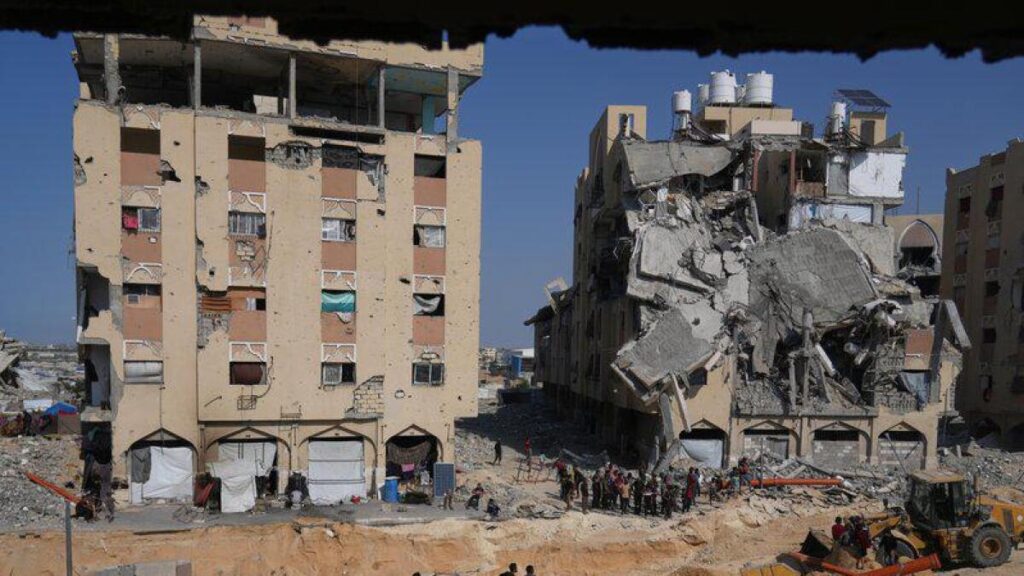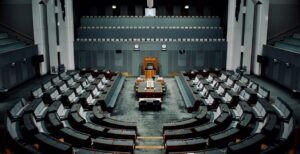
Israel’s military has confirmed a series of airstrikes in the Gaza Strip, targeting militants in the Rafah area. This escalation follows reports of gunfire directed at Israeli soldiers, prompting Prime Minister Benjamin Netanyahu to declare that Israel will respond forcefully to any threats from Hamas. The attacks reportedly focused on destroying tunnels and military structures used by the militant group.
Despite these developments, Hamas has publicly stated its commitment to the ceasefire agreement throughout Gaza. The Al-Qassam Brigades, Hamas’ armed wing, asserted that it was unaware of any clashes in Rafah and has not engaged with factions in that region since March. “We affirm our full commitment to implementing all agreements, foremost among them the ceasefire across all areas of the Gaza Strip,” the statement read.
Reports from Palestinian witnesses indicate significant violence in various locations, including heavy gunfire from Israeli tanks in Abassan, airstrikes in Zawayda, and explosions in Deir Al-Balah, which resulted in at least five fatalities according to medics at Al-Aqsa Hospital. The Gaza health ministry reported that Israeli strikes have killed at least eight individuals within a 24-hour period.
An Israeli military official noted that Hamas had been involved in several attacks against Israeli forces, including a rocket-propelled grenade assault and sniper fire. “Both of the incidents happened in an Israeli-controlled area… This is a bold violation of the ceasefire,” the official emphasized. In response, Defense Minister Israel Katz indicated that a physical marker would be established at the “yellow line,” signifying the limits of Israeli forces under the ceasefire agreement. Any breaches of this line would provoke a military response.
Senior Hamas official Izzat Al Risheq contended that the group remains dedicated to the ceasefire, asserting that Israel has violated the terms on multiple occasions. The government media office in Gaza reported 47 violations since the ceasefire was established, resulting in 38 deaths and 143 injuries.
The reciprocal accusations of ceasefire violations have heightened tensions, with Netanyahu announcing that the Rafah border crossing, the primary entry and exit point for Gazans, would remain closed indefinitely. This statement followed an announcement from the Palestinian embassy in Egypt indicating that the crossing would reopen on July 8, 2024, after being largely shut since May 2024.
The ceasefire agreement also included provisions for increased aid into Gaza, where a significant portion of the population faces famine, as indicated by the IPC Global Hunger Monitor. Complications persist regarding the return of deceased hostages, as Israel demands that Hamas fulfill its obligations concerning all 28 hostages. While Hamas has returned 20 live hostages and 12 deceased, they claim recovery efforts require specialized equipment due to the challenging conditions on the ground.
As fighting resumes, the prospects for a lasting resolution remain uncertain. Fundamental issues, such as Hamas disarmament, governance in Gaza, and the potential establishment of an international stabilization force, continue to pose significant challenges. The US Embassy in Jerusalem directed inquiries to the State Department but did not provide immediate comments on the situation.
The renewed hostilities in Gaza contributed to a decline in key Tel Aviv stock indices, which fell nearly two percent on Sunday in response to the escalating conflict and concerns over the fragile ceasefire.






